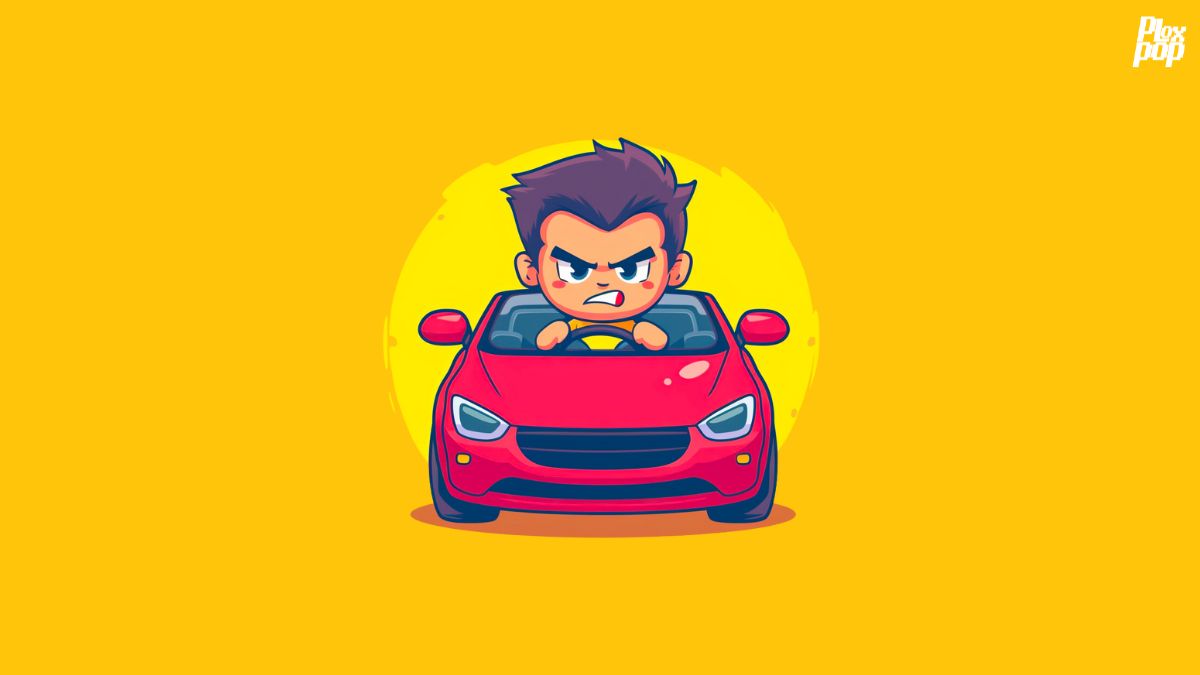The secret to ensuring your vehicle’s longevity lies not just in its brand or model but significantly in the driving habits and maintenance practices you adopt. This article delves into the often-overlooked driving practices that could silently compromise the health and longevity of your vehicle. Avoid these common driving mistakes to ensure that your car remains reliable, efficient, and vibrant for years to come.
1. Proper Maintenance
The cornerstone of keeping your car in prime condition is adhering to a regular maintenance schedule as recommended by the manufacturer. This involves more than just the occasional check-up — it’s about committing to a routine that includes oil changes, tire rotations, and other inspections. Such diligence not only prevents minor issues from escalating into major problems but also enhances your vehicle’s performance and efficiency. Remember, neglecting maintenance is akin to ignoring the health of your car, and the consequences can be both costly and inconvenient.
2. Minimizing Engine Wear
One of the most critical moments for your engine is the cold start, especially during colder months. At this time, the oil, the lifeblood of your engine, hasn’t yet circulated fully, leaving parts less protected against wear. Abruptly revving the engine in such a state can lead to accelerated wear on crucial components like bearings and pistons. The simple act of allowing your car to idle for a minute before driving off can significantly reduce this risk, safeguarding your engine’s health and functionality.
3. Gear Lever Habit
A common habit among drivers is resting their hand on the gear lever while driving. While it might seem harmless or even comfortable, this practice can exert unnecessary pressure on the transmission’s components, leading to premature wear. The transmission is designed to shift smoothly without additional force; thus, keeping your hands off the gear lever unless actively changing gears can prevent undue stress and potential damage.
4. Clutch Pedal
Similar to the gear lever habit, resting your foot on the clutch pedal introduces constant pressure on the clutch mechanism, even when not actively shifting gears. This not only leads to faster wear of the clutch plate but also affects the overall integrity of the transmission system. Ensuring that your foot is off the clutch unless engaging or disengaging gears can extend the life of these critical components.
5. Skipping Gear Changes
Frequently skipping gears, especially in manual transmission vehicles, can put unnecessary strain on the transmission and clutch. While it might seem like a time-saver or a way to achieve quicker acceleration, this practice forces the components to work harder than they’re designed to, leading to premature wear. Ensuring smooth and sequential gear changes can help maintain the health of your transmission system.
6. Hard Accelerations and Decelerations
Regularly pushing your car to its limits with hard accelerations followed by abrupt stops can take a toll on both your engine and braking system. This driving style not only increases fuel consumption but also accelerates wear on the engine, transmission, and brakes. Adopting a smoother driving style, with gradual accelerations and decelerations, can extend the life of these critical components.
7. Fuel Management
Many drivers have the habit of running their cars on a nearly empty tank, either out of convenience or procrastination. However, this practice can strain the fuel pump, which relies on the fuel in the tank for cooling and lubrication. Keeping the tank at least a quarter full ensures that the fuel pump operates within optimal conditions, reducing wear and preventing potential failures.
8. Ignoring Tire Pressure
One often overlooked aspect of vehicle maintenance is tyre pressure. Driving with underinflated tyres not only reduces fuel efficiency but also compromises handling and increases tyre wear. Overinflation, on the other hand, makes tyres more susceptible to damage from road debris and imperfections. Regularly checking and maintaining tyre pressure according to the manufacturer’s recommendations ensures optimal performance, safety, and longevity of your tyres.
9. Braking Habits
Frequent and unnecessary braking, particularly in stop-and-go traffic, not only increases the wear on brake pads and rotors but also poses a safety risk. Adopting a more anticipatory driving style, where you maintain a safe distance from the vehicle ahead and brake smoothly and gradually, can minimize wear and enhance both your safety and that of your vehicle.
10. Overloading Your Vehicle
Vehicles are designed to handle a specific load capacity. Consistently overloading your car puts additional strain on its suspension, brakes, and drivetrain. This not only leads to increased wear and tear but can also affect your vehicle’s handling and braking efficiency, posing a safety risk. By adhering to your vehicle’s recommended weight limits, you can avoid unnecessary stress on its components, ensuring a smoother ride and extending its lifespan.
11. Ignoring Warning Lights
Modern vehicles are equipped with a plethora of warning lights designed to alert the driver of potential issues ranging from low oil pressure to engine problems. Ignoring these warnings can lead to small problems becoming major, costly repairs. Regularly checking your dashboard for any alerts and addressing them promptly can save you time and money in the long run.
12. Navigating Water
Driving through waterlogged streets can seem like a minor adventure but poses significant risks to your car’s electrical systems and engine. Water can cause serious damage, leading to costly repairs and downtime. Avoiding deep water, especially in areas prone to flooding, can prevent these issues and ensure your vehicle’s reliability.
Extending Your Car’s Life:
Ensuring your car’s longevity requires a holistic approach that encompasses regular maintenance, mindful driving habits, and an understanding of how everyday actions impact your vehicle’s health. By avoiding these common driving mistakes, you can not only enhance your driving experience but also ensure that your car remains a reliable and efficient companion on the road for many years to come.






Leave a Comment